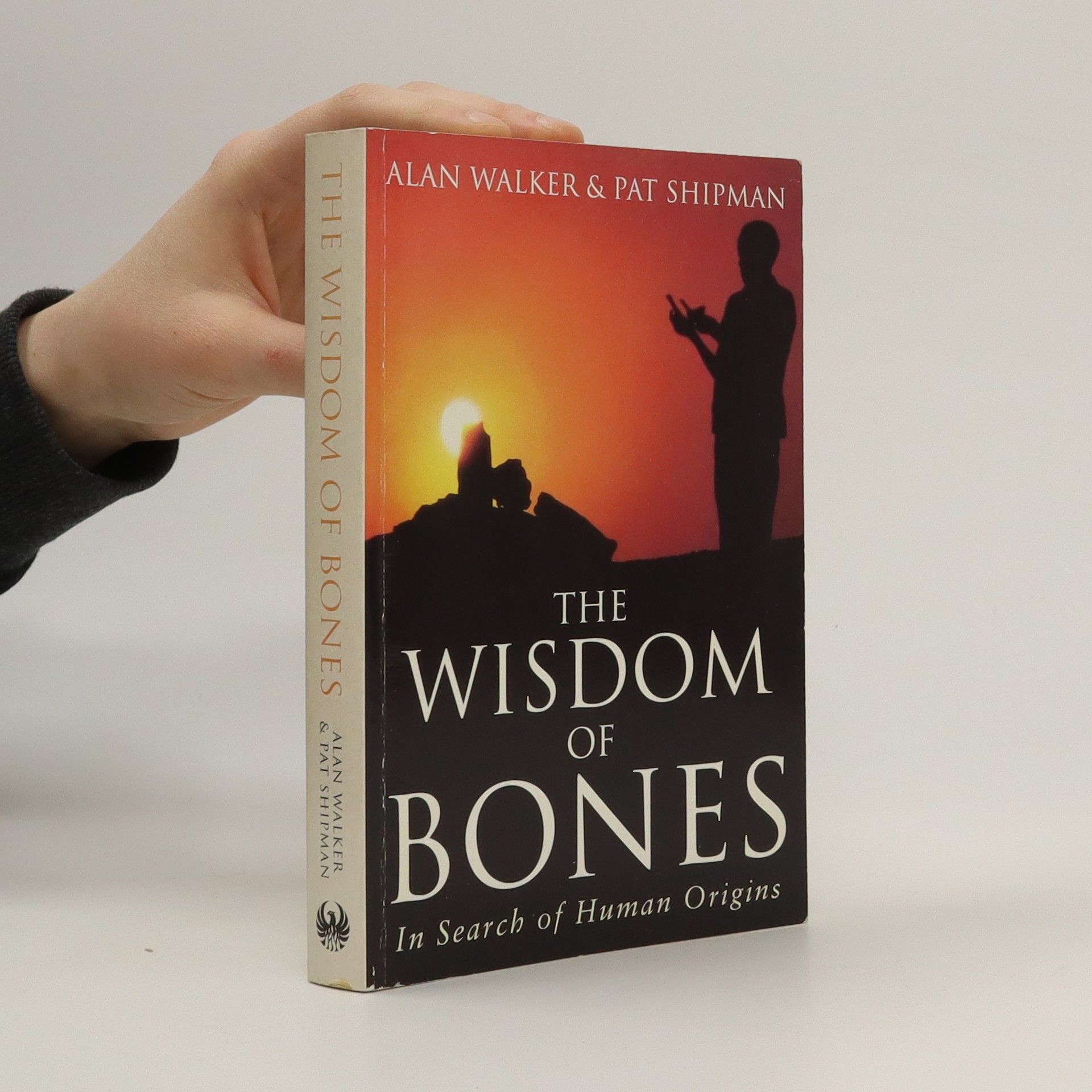Franz Liszt. The final years, 1861-1886
- 624pages
- 22 heures de lecture
This is the third in a set of three books following the life and achievements of Franz Liszt. This volume focuses on his final years, from 1861-1886.
Alan Walker est un auteur de renom dont les explorations approfondies de l'histoire et de l'interprétation musicales ont laissé une marque indélébile. Son travail se caractérise par une recherche méticuleuse et un regard analytique pénétrant axé sur la vie et les compositions des géants de la musique. Les essais et biographies de Walker offrent aux lecteurs des perspectives riches sur les complexités de l'art musical et de ses créateurs. Son écriture est appréciée pour son érudition et sa capacité à rendre des sujets complexes accessibles à un large public.






This is the third in a set of three books following the life and achievements of Franz Liszt. This volume focuses on his final years, from 1861-1886.
A detailed look at the skeletal system covers bone structure, growth, joints, functions, diseases, and reconstruction
Based on ten years of research and a vast cache of primary sources located in archives in Warsaw, Paris, London, New York, and Washington, D.C., Alan Walker's monumental Fryderyk Chopin: A Life and Times is the most comprehensive biography of the great Polish composer to appear in English in more than a century. Walker's work is a corrective biography, intended to dispel the many myths and legends that continue to surround Chopin. Fryderyk Chopin is an intimate look into a dramatic life; of particular focus are Chopin's childhood and youth in Poland, which are brought into line with the latest scholarly findings, and Chopin's romantic life with George Sand, with whom he lived for nine years. Comprehensive and engaging, and written in highly readable prose, the biography wears its scholarship lightly: this is a book suited as much for the professional pianist as it is for the casual music lover. Just as he did in his definitive biography of Liszt, Walker illuminates Chopin and his music with unprecedented clarity in this magisterial biography, bringing to life one of the nineteenth century's most confounding, beloved, and legendary artists. -- back cover
Hans von Bulow's career unfolded in at least six directions simultaneously. He was a renowned concert pianist; the first virtuoso orchestral conductor; a respected (and sometimes feared) teacher; an influential editor of works by Bach, Mendelssohn, Chopin, and above all of Beethoven, in the performance of whose music he had no rival; a scourge as a music critic; and lastly, he was himself also a composer of music. In Hans von Bulow: A Life and Times, Alan Walker, the acclaimed author of numerous award-winning books on the era's iconic composers, provides the first full-length English biography of this remarkable musical figure.
A groundbreaking book concerning the excavation of Nariokotome Boy, which asserts, among other things, that Homo Erectus lacked language.
Focusing on personal growth, this insightful book guides readers through a transformative journey aimed at uncovering the secrets to a fulfilling life. It offers thought-provoking ideas and practical insights, encouraging self-discovery and reflection to help individuals achieve deeper satisfaction and meaning in their lives.
A personal retreat is a vacation for the spirit, when we turn away from everyday concerns to reconnect with our spiritual side.
The Weimar Years, 1848-1861
Band 2 FRANZ LISZT The Weimar Years 1848-1861 von Alan Walker Alfred A Knopf, 1989. Dies ist ein festgelegtes First Edition Hardcover in einem ungeclipten Staubschutz. Das Buch und die Jacke sehen neu aus. Dieses Buch misst ca. 16,5 x 24,5 cm und hat 626 Seiten. Es hat eine genähte Bindung. Die Bretter sind mit schwarzem Stoff überzogen und es gibt Titel (in Gold) auf der Vorderseite und auf dem Rücken. Das Buch ist illustriert, einschließlich eines farbigen Frontispiece
Spine faded, cover marked and worn, page edges tanned. Shipped from the U.K. All orders received before 3pm sent that weekday.
Kniha zpracovává aktuální sociologicko-demografické téma "stárnutí v Evropě" pro potřeby veřejné politiky i v širším společenském kontextu. Text doplňují demonstrativní grafy, poznámkový aparát a relevantní literaturu.